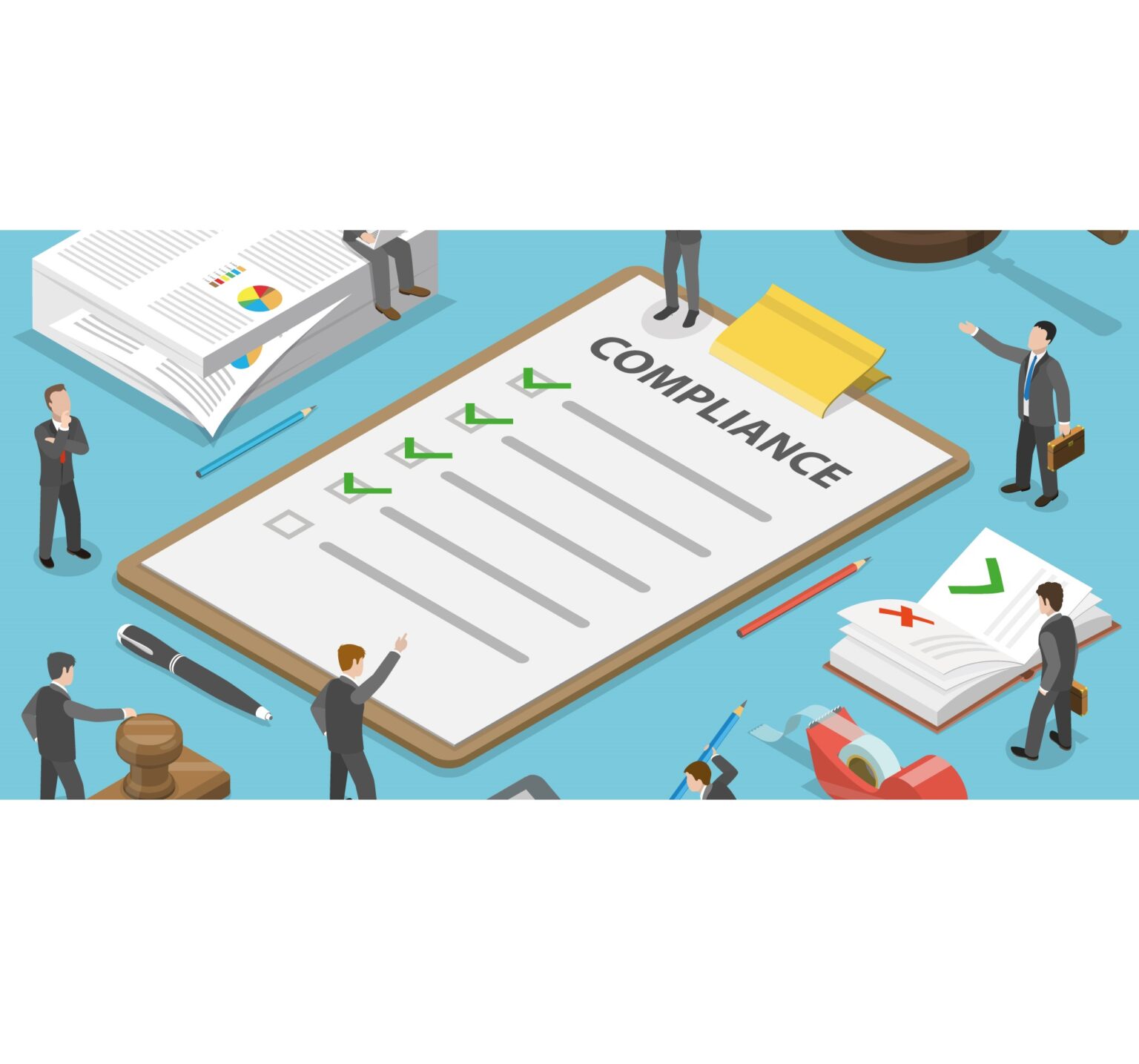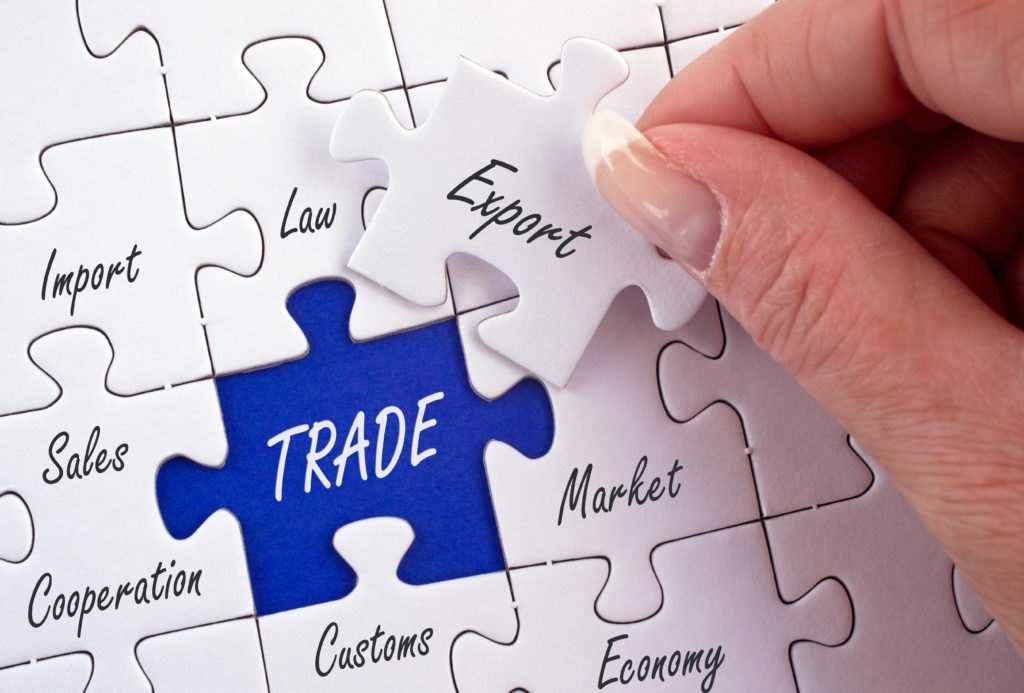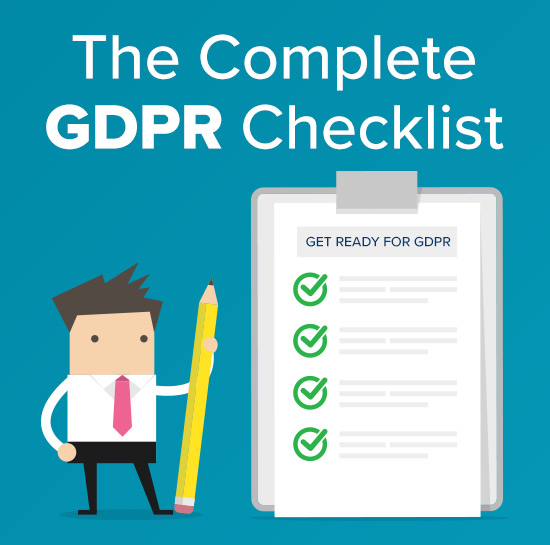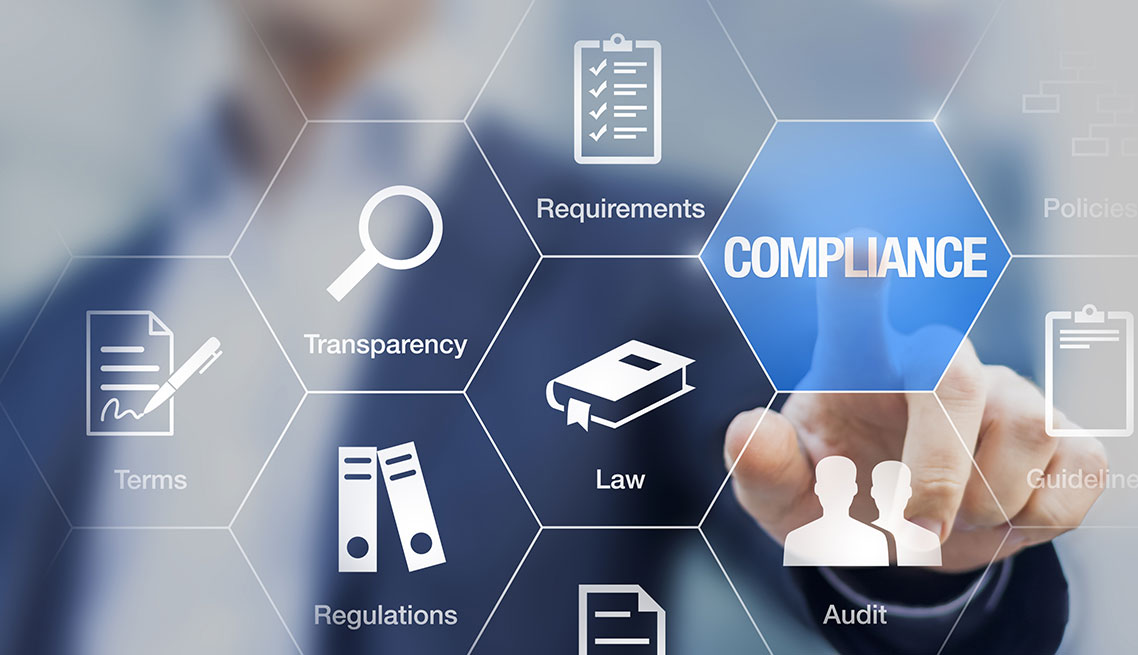What are the main compliance activities for logistics companies?
Regulatory compliance, within a company, is the set of procedures, processes, and control systems that a company uses to ensure its compliance with rules, provisions or standards.
Within a company, the compliance function can perform different roles and tasks, according to the various regulations and needs of the sector.
The world of logistics shows some peculiar elements compared to other sectors and, in recent years, logistics companies have made considerable progress in terms of compliance.
Self-regulation rules and external legislation
The compliance activities include, first of all, the drafting and maintenance of an internal procedural system, which is drawn up to adapt both to external regulations, national and international, and to the rules of self-discipline imposed autonomously.
An example of this type of regulation is the Code of Ethics, or Code of Conduct. It is a document prepared on a voluntary basis which summarizes the company's values, behavioral rules, and ethical-social principles that all members of the organization undertake to respect.
The procedural system of the Contship group is well drawn and represents a valid control method for the most critical business processes (e.g. procure-to-pay, personnel selection / management, travel expense management etc.).
Procedural compliance is a particularly delicate issue, as the formalization of control rules and protocols often risks to be perceived as a necessary activity that, if not correctly managed, might slow down company processes.


Model 231
Another significant compliance activity in Italy, especially for logistics companies, consists in drafting and maintaining the so-called Model 231 - organization, management and control model.
Model 231 is one of the voluntary tools that companies can choose to adopt and it responds to Legislative Decree no. 231/2001, which, for the first time in Italy, has regulated the administrative liability of entities in the event of the commission of an offense by a natural person in the interest and for the benefit of the company.
Since 2001, many companies have started to adopt a Model 231. However, compared to other businesses (e.g. power & utilities), the logistics sector has been conforming to Legislative Decree 231 only recently.
The most complex part of applying compliance 231 to this type of business consists in identifying the risks and potential offenses applicable, an activity included during the risk assessment phase.
The intervention of multiple actors and the interaction of complex processes make the value chain of the logistics business very wide and articulated. It is therefore challenging to create a 360° mapping of all possible applicable offenses. A further element of complexity is related to the presence, in many links of the supply chain, of the Public Administration Authorities, or, as in our case, of the Port or Customs Authority.
Whistleblowing
Another theme belonging to the compliance sphere is Whistleblowing, a regulation that protects the employee who reports an offense or behavior which is in breach of the code of ethics or of a rule of good conduct, and that the employee has come to know in the within of the employment relationship.
Whistleblowing protects the whistleblower, guaranteeing anonymity and the absence of retaliation. Reporting agents may be even rewarded when they help the company intercept those who, with their behavior, have determined a risk for the company itself.
Following the report, the whistleblowing system must ensure the company investigates and takes appropriate measures, moving within a delicate ground that often touches on interpersonal relationships among employees.
One of the main challenges related to whistleblowing is promoting and making this protection system known internally within the company.


GDPR - General Data Protection Regulation
From a regulatory point of view, respect for privacy falls fully within the general sphere of compliance. Furthermore, the information systems, which are the basis for the collection and management of (also sensitive) data, are a crucial element in the world of logistics.
Unlike the aforementioned Model 231 and Code of Ethics, compliance with the GDPR is a stringent and necessary requirement, as it is a mandatory adaptation to EU Regulation no. 2016/679. Nonetheless, there are still many companies that risk incurring penalties from the Privacy Guarantor, as they have not yet been able to set up a system of preparatory practices and procedures for compliance with the GDPR.
The challenge is to make all internal employees aware of the risks which may arise, especially in the world of logistics, when companies are considering new suppliers or the introduction of new information systems, which manage sensitive data.
What are the benefits of compliance and the risks of non-compliance?
The "culture of Compliance" can actively contribute to the creation of value by minimizing risks through the implementation of rules, safeguards and management / operational control activities that guarantee compliance by facilitating or, at least, not hindering the performance of production processes.
The advantages for a company that has implemented an effective compliance system are manifold.
First, the whole organization is improved and more efficient, internal processes are more fluid, and the entire operation is able to perform better within structured and regulated processes.
Second, the existence and availability of internal models and codes contributes to strengthening the company's image and reputation, reassuring its stakeholders (customers, employees, shareholders and suppliers) about its reliability and showing its solidity in structural terms.
Last but not least, being compliant with the legislation allows companies to avoid the penalties related to a failure to comply.
In fact, it is necessary to remember that in many cases, when we talk about compliance, we are talking about legal obligations which, if not fulfilled, can result in the application of different types of sanctions. These are pecuniary sanctions, confiscation of the profit deriving from the commission of the offence and disqualifying sanctions (which block the company's operations for a certain period of time).
Damage to reputation and image, that may result from the publication of judgements, must be considered too.


Our Solutions
Tackling safety, environmental regulations & transportation of dangerous goods.
We specialise in covered car transport, enclosed car transport and international car transport.
We offer you a dependable and fast delivery of smaller shipments door to door.
Our Expertise
Our Sales Consultant will be available to advise and guide you throughout the move process. Our coordinators are focused on ensuring that every move runs smoothly, from departure to arrival.
They analyse the needs of the client from the very first contact. In particular, during the technical visit their expertise is used to assess the weight and volume of the consignment, as well as consider other factors which may affect the move, such as loading restrictions, access to the property, or tight corners.
They ensure that best practice is applied throughout the move process to achieve complete customer satisfaction.
We use skilled packers and movers using quality packing material to protect your belongings.
Owing to its reputation as a quality removals company and to the volume of its traffic, the K&A Transport GmbH is in a position to permanently employ a large number of packers. We have also been able to develop new materials to contain and protect your items as customer needs change. Custom-made containers can also be made for special items. See Packing for more information.
Owing to its reputation as a quality removals company and to the volume of its traffic, the K&A Transport GmbH is in a position to permanently employ a large number of packers. We have also been able to develop new materials to contain and protect your items as customer needs change.
Insights
- Colgate-Palmolive renews with K&A Transport GmbH in Malaysia September 1, 2017
- K&A Transport GmbH expands its partnership with Mercedes-Benz April 11, 2017
- Burts Potato Chips sizzle with K&A Transport GmbH March 22, 2014
- K&A Transport GmbH acquires 120 new vehicles in the UK March 21, 2014
- K&A Transport GmbH enhances Dublin facility with temperature controlled unit March 10, 2014
